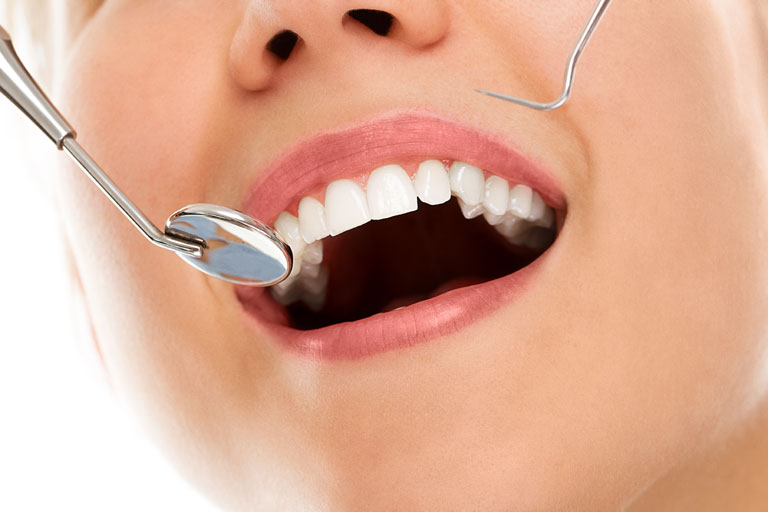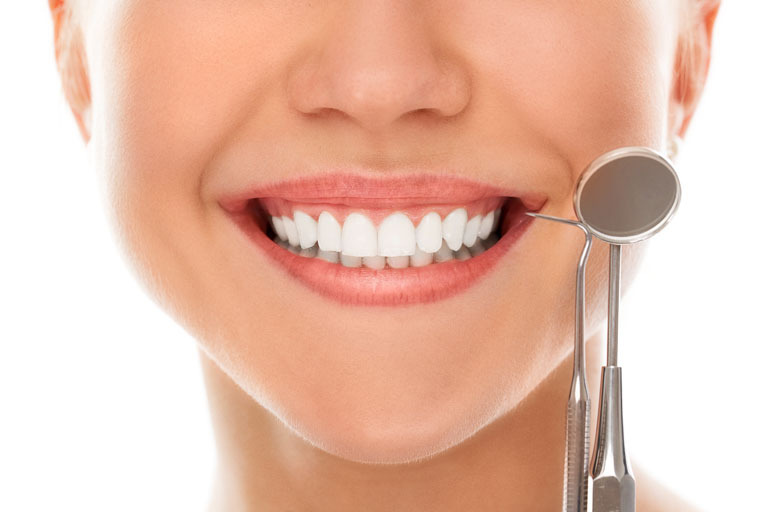10 MYTHS ABOUT ORAL AND DENTAL HEALTH
When it comes to oral and dental health, there are unfortunately many points that are misunderstood – and that lead people to wrong practices. In fact, while it is possible to have a healthy mouth and teeth by taking a few minutes a day, wrong practices can cause irreversible damage. Therefore, it is necessary to distinguish between myths and facts on this subject.
Here are common myths about oral and dental health, and their truths:
Myth 1: The harder you brush your teeth, the cleaner they will be
Fact: Brushing your teeth too hard and too abrasive can damage your teeth by eroding some of the hard tooth enamel that protects the inner parts of the teeth from abrasions and decay. Although people feel cleaner by brushing their teeth this way, they actually wear away their gums and enamel.
Myth 2: I do not need to floss anymore since it is not that important as it used to be
Fact: The recommendation to floss regularly was removed from the US government’s “American Dietary Guidelines”; due to the lack of strong evidence for practice. However, the lack of strong evidence does not mean that flossing is not effective. The important thing is that we can effectively clean the interdental area of our teeth by flossing. Using an interdental toothbrush or mouthwash instead of floss can do a similar task as well. Consult your dentist to find out how to clean the interdental area properly.
Myth 3: I can chew sugar-free gums instead of brushing my teeth because they are as effective
Fact: If this were true, I guess it would be perfect for kids at first. Chewing sugar-free gum, especially xylitol gums, can have a protective effect on the teeth. Chewing gum promotes the production of saliva, which helps cleanse tooth enamel from corrosive acidic foods, beverages, and even stomach acid in conditions such as acid reflux. And xylitol helps to double the effects of saliva. But still, chewing gum can never replace brushing or flossing when it comes to removing plaque from the tooth surface. The mentioned beneficial effects of chewing gums can only be supportive of tooth brushing for oral care. In addition, considering that chewing gum can cause different jaw joint problems, we can say that chewing gum consumption should be kept to a certain extent.
Myth 4: If your gums bleed while brushing your teeth, it’s best not to touch them.
Fact: Gum bleeding occurs mostly when our tooth brush bristles do not reach to our teeth properly, which causes bacteria and plaque reproduction. With the reproduction of bacteria, an infection occurs and bleeding is just a part of this process.
If you floss your teeth only once a month, you will see the bleeding in your gums. However; if you floss daily, and turn it into a habit, inflammation in your gums – and bleeding as well – will heal in time. Additionally, gum bleeding should never be a reason for you stop brushing your teeth. You can continue brushing your teeth more gently and slowly, without harming your gums.
Fact: Most of the time, gum bleeding happens when bacteria and plaque build up between our teeth, when the bristles of the toothbrush don’t reach properly. Over time, bacteria grow and this causes the gums to become inflamed. Bleeding is also part of this process. If you floss only once a month (or just before you go to the dentist), you will notice bleeding from your gums. If you floss daily and make it a habit, the inflammation in your gums — and hence the bleeding — will improve over time. Also, just because your teeth bleed while brushing doesn’t mean you should stop brushing. You can continue to brush gently without harming your teeth and gums.

Myth 5: I don’t regularly brush your teeth or floss. If I brush my teeth right before my dentist appointment, nobody will know, will they?
Fact: Sorry to disappoint you but they will know. When you do not regularly brush your teeth and floss, hard tophus will occur and at some point, you will not be able to remove these tooth stones by only brushing your teeth. And even though it is possible to decrease the bad effects of plaque and tartar by flossing regularly for a few days, you cannot undo the inflammation in your gums.
Myth 6: Sugar is the biggest reason of cavities
Fact: When you think of cavities, some of the first things that come up to your mind are lollipops and other sweet and sticky foods. But you should know that crackers and chips can be even worse for your teeth. This is all about starch these food consists of… Usually carbohydrates do the damage – they have enough sugar to damage the teeth, but what is worse is that they also stick to the tooth surface.
Myth 7: Tooth sensitivity means that your enamel is too damaged
Fact: Sensitivity is an important sign of the loss of enamel, the hard protective layer on the outside of the tooth. However, gum recession can also be caused by other factors such as the constant and excessive use of whitening toothpastes. Tooth sensitivity can also be due to clenching and acid erosions, instead of looking directly for a miracle solution desensitizing toothpaste, you should check with your dentist to make sure there is no problem.
Myth 8: Gum disease is only linked to our oral health
Fact: Your dentist may be the first to notice this, but if you have gum disease, it’s likely that you have health issues like diabetes and hypertension as well as some types of cancer related to chronic inflammation.
Myth 9: If my teeth are white, that means they are healthy
Fact: While this is generally true, it is not always the case. Our teeth are naturally white. Habits such as drinking and smoking or aging may make your teeth appear darker or yellow. However, while smoking, some medications, foods and drinks can cause unhealthy staining, teeth may darken somehow only with the natural aging process. Therefore, we cannot say that teeth that are not always white are unhealthy.
Myth 10: If there is nothing that bothers you about your teeth, you don’t need to go to the dentist for a checkup.
Fact: Sometimes you may not feel pain despite having too many problems with your teeth. Or, on the contrary, a minor problem can cause pain in your teeth. We need to make this clear to the patients. We should educate them about problems in their teeth or gum diseases that they do not notice. Because when symptoms occur, it usually means the problem is too big. For example, if you wait for a decay to be painful to have it checked, even though it might have been prevented by just going to regular check-ups, you may eventually need root canal treatment or tooth extraction.
By visiting your dentist regularly, you can protect your teeth or fix any problems before they worsen. In this way, irreversible situations such as tooth loss can be prevented.






